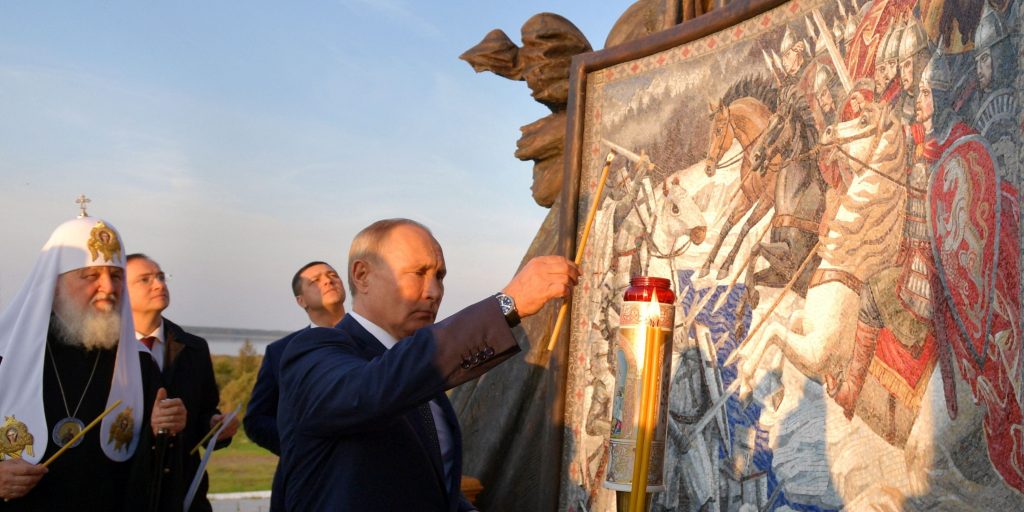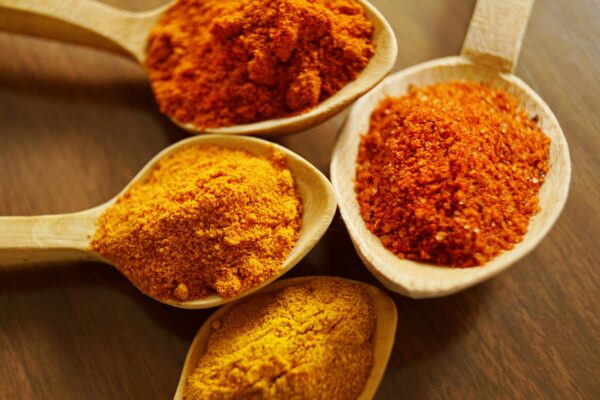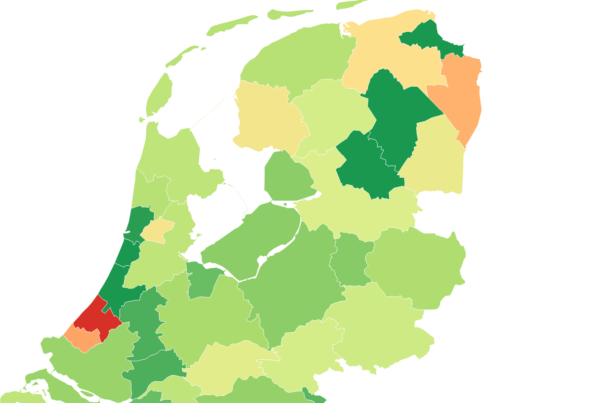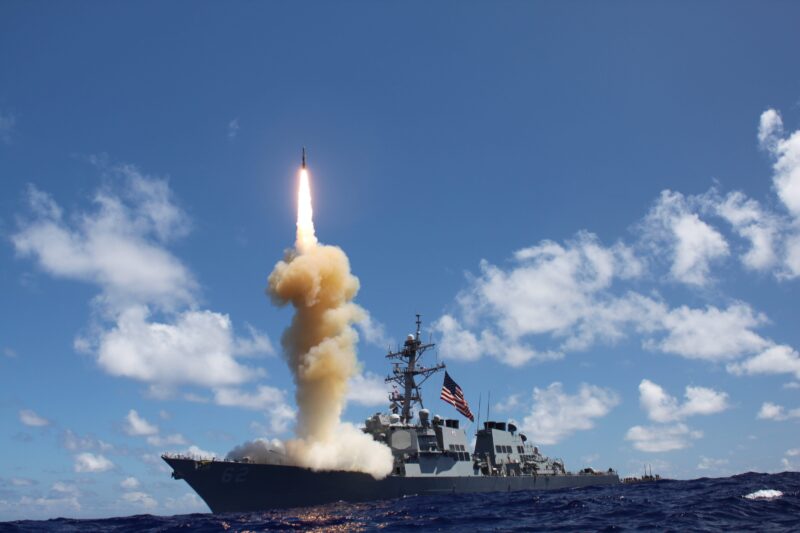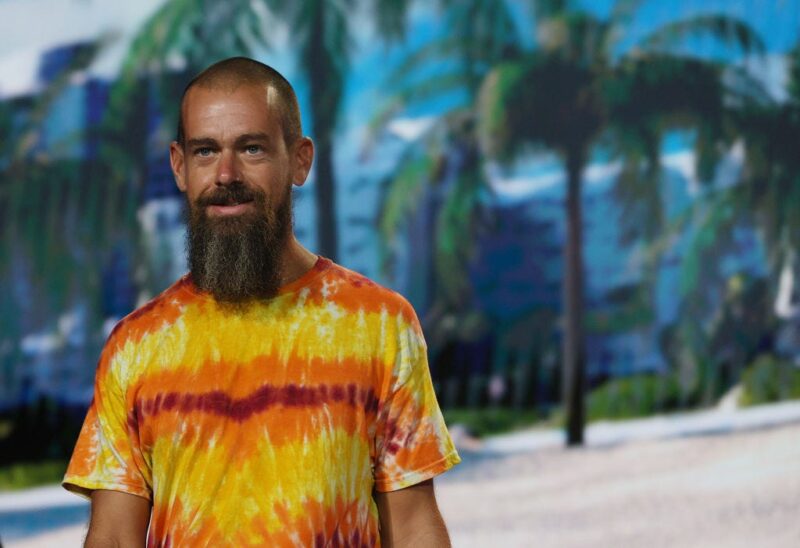- Vladimir Putin sees himself as the "inheritor of the tsars", Fiona Hill has said.
- The former National Security Council advisor on Russia said Putin had made the system dependent on himself.
- This meant there was "brittleness and fragility" in the system because Putin was the "wildcard".
Vladimir Putin sees himself as the "inheritor of the tsars", Fiona Hill said.
Hill, a former national security council advisor to President Trump on Russia, told Tom Tugendhat, the chair of the UK Parliament's Foreign Affairs Committee, that Putin saw himself "as part of a state and a long state history".
This history goes back to the days of the tsars, the kings and emperors of the Russian Empire before the revolution that gave rise to the Soviet Union.
Putin considers himself to be closer to the tsars than to "the leaders of a communist party or the secretary generals of the Soviet Union," Hill said in Parliament's Committee Corridor podcast, which was published last week.
Hill said Putin had made the system reliant upon himself by becoming, similar to Soviet presidents and tsars before them, an "autocrat only upheld by the constitution and legitimised by the claim of the people in the popular sense."
Hill described this a "pretty ancient structure to be frank, going back millennia". She said "Putin is perpetuating it in a major way."
The system's dependence upon Putin has introduced "brittleness and fragility" to Russian society, with Hill describing him as the "wildcard" in the Russian state.
The focus on Putin is the cause of the speculation on his health, she said. The system was "extraordinarily unpredictable" due to a lack of information as to what motivates Putin on a day-to-day basis, Hill suggested.
Tugendhat suggested Putin was "perpetuating the link to God in some ways", an assessment Hill agreed with.
Hill said Putin has weaponized the Russian Orthodox church, a strategy she said is "pulled straight out of the pages of the 1840s and 50s" when it was used by Tsar Nicholas I to create "official nationality", shaping and defining the nation state around a triad of "the autocracy, Russian orthodoxy and the people".

